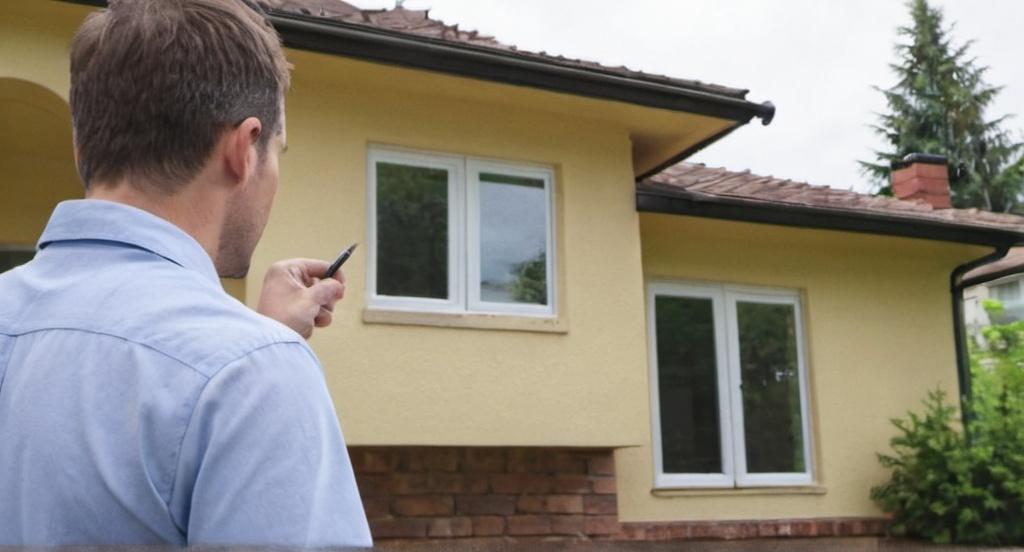Key Take Aways about Renting Commercial Properties.
- Types of commercial properties include office, retail, and industrial spaces, each suited to different business needs.
- Leasing offers flexibility and lower upfront costs compared to buying, allowing easier relocation or expansion.
- Leases vary: full-service include most costs in rent, while net leases add extra responsibilities like taxes and maintenance.
- Location is crucial; it affects foot traffic, visibility, and sales.
- Align property choice with business goals to ensure growth and success.

Understanding the Basics of Renting Commercial Properties
Renting commercial properties isn’t as complicated as quantum physics, but it’s not always a walk in the park either. Let’s say you’re a business owner who’s planned everything perfectly, except for the small detail of where your business will actually live. No biggie, right? Wrong! Choosing the right commercial property to rent can make or break your business dreams. So, let’s chew the fat on the essentials of commercial property leasing.
Types of Commercial Properties
Commercial properties come in many shapes and sizes, just like those assorted chocolates where half of them are just plain weird. But in this context, we’re talking office spaces, retail stores, industrial properties, and even those fancy places where urban loft vibes meet industrial chic charm. Each type has its quirks and perks, so you’ll want to pick the one that fits your business like a glove.
Office Spaces
The classic choice for businesses involving desk work, meetings, and the occasional watercooler chat. From shared co-working spaces to entire floors dedicated to your venture, the options are endless. If you’re all about that cubicle life or you desire an open floor plan resembling a startup hub, this is your jam.
Retail Spaces
Designed for businesses that need customers to physically walk through the door and maybe even get tempted by that extra item by the checkout counter. Retail spaces are usually found in shopping centers, strip malls, or standalone spots on busy streets. If foot traffic is your best friend, this type might be your cup of tea.
Industrial Spaces
Perfect for manufacturing, warehousing, or any business that finds beauty in large, open spaces and high ceilings. These properties boast plenty of room for machines, storage, and maybe that forklift you always wanted to learn how to drive.
Leasing Versus Buying: What’s the Deal?
A common conundrum faced by many business folk: to lease or to buy? Leasing is often the go-to for those wanting flexibility. It’s like having a test drive without the long-term commitment. Buying, on the other hand, is for those ready to put a ring on it and settle down for the long haul. It’s wise to weigh your options, look into your finances, and consider your business’s future before making a commitment that could rival marriage in its seriousness.
Advantages of Leasing
The perks of leasing can feel like the icing on the cake. It often requires less upfront capital, which means more funds to funnel back into growing your business. Additionally, maintenance and repair responsibilities typically fall on the landlord’s shoulders. If your company needs to pivot or expand, the flexibility to move can be a lifesaver. Plus, who doesn’t like the idea of trying out a location before deciding if it’s “the one”?
Types of Leases
Not all leases are cut from the same cloth. They can range from full-service, where many costs are rolled into the rent, to net leases, which may have you paying for things like taxes, insurance, or maintenance on top of the rent. Understanding the different types can save you some surprises down the road.
Full-Service Lease
It’s kind of like an all-inclusive resort where everything is covered in one fee. Your rent encompasses nearly all property-related expenses, making it easier to budget.
Net Lease
This one can get a bit nitty-gritty. You’re responsible for certain costs besides just the rent. There are variations such as single, double, or triple net leases, each with its own list of things you’re expected to pay.
The Importance of Location
In the world of real estate, location isn’t just important; it’s everything. The perfect spot can mean higher foot traffic, better visibility, and more sales. It’s crucial to consider accessibility, nearby amenities, and the overall vibe of the neighborhood. If your retail space is designed for upscale clientele, being in the heart of a gritty industrial park might not be ideal.
Final Thoughts
When it comes to renting commercial properties, think of it as matchmaking. You’re on the hunt for the perfect place that will let your business not just survive but thrive. Whether you’re opting for an office in a bustling city center or a retail spot in a charming suburb, focus on how the property aligns with your business goals. Remember, buildings might not have beating hearts, but they can sure help you build one hell of a business.
Child Pages
- A Guide to Understanding Zoning Laws in Commercial Leasing
- Common Mistakes to Avoid When Renting Commercial Real Estate
- Hidden Costs to Watch for When Leasing Commercial Property
- How to Choose the Right Location for Your Commercial Rental
- How to Negotiate a Commercial Lease Like a Pro
- Office Space vs. Retail Space: Choosing the Right Commercial Lease
- Short-Term vs. Long-Term Commercial Leases: What’s Best for You?
- Startup Guide: Renting Your First Commercial Property
- Triple Net Leases Explained: What Commercial Tenants Need to Know
- What to Know Before Renting a Commercial Property for Your Business